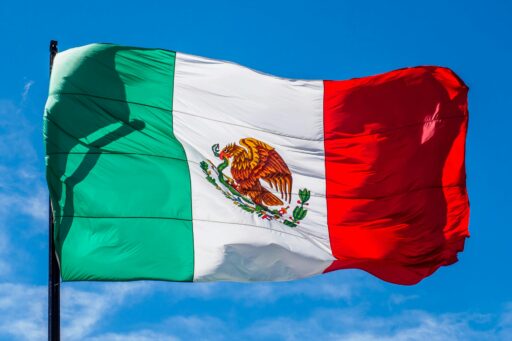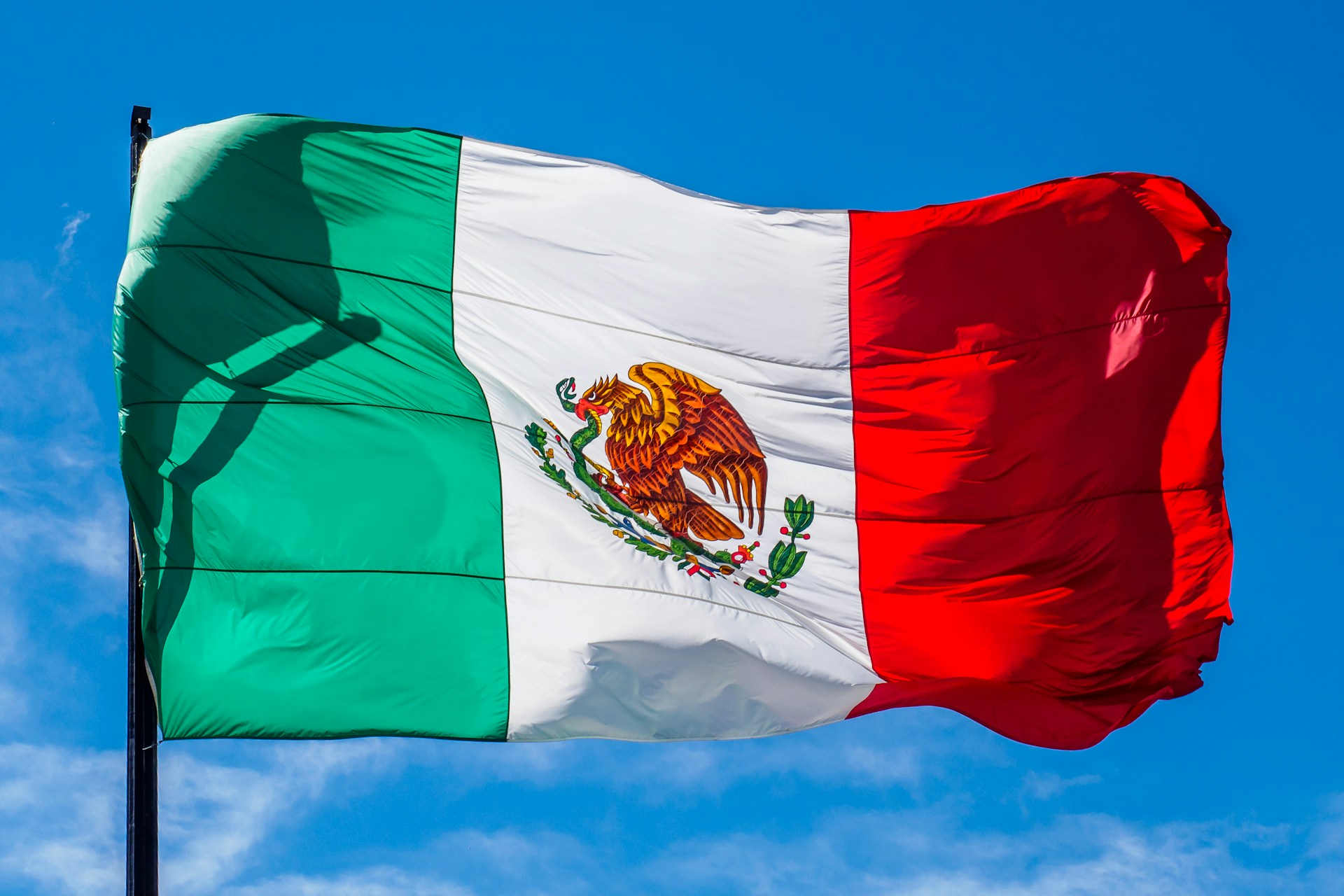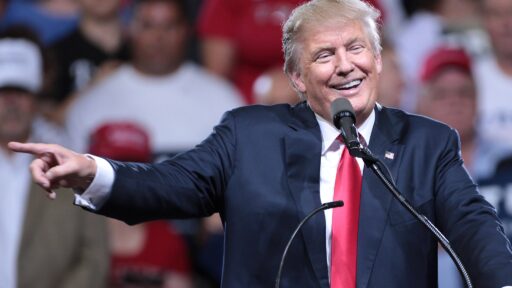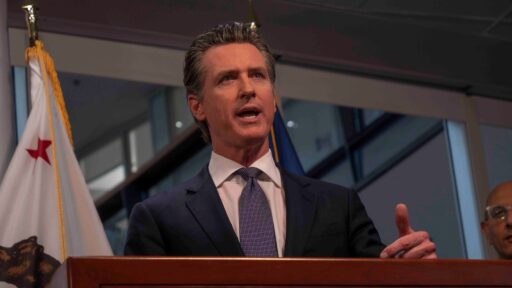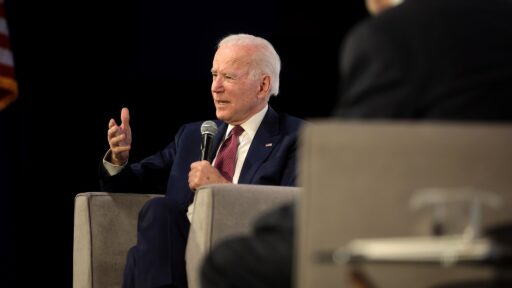Trump Reveals Truth About Interest Rates
President-elect Donald Trump has been vocal about his concerns over the current economic landscape, specifically the Federal Reserve’s handling of interest rates. At a press conference on Tuesday, he highlighted the challenges inherited from the outgoing administration, particularly the persistence of high inflation, and called out the Fed for maintaining interest rates at levels he believes are too high.
“We’re facing a tough situation, and the outgoing administration has only made it harder. Inflation is still a major problem, and interest rates are simply too high,” Trump stated at his Mar-a-Lago resort in Florida.
While inflation has come down from its peak of 9.1% in June 2022, the Consumer Price Index (CPI) remained above the Federal Reserve’s target of 2%, clocking in at 2.7% in November. In an effort to combat this inflationary pressure, the Federal Reserve raised interest rates to their highest levels in over two decades between March 2022 and July 2023. But the central bank has since started cutting rates, making modest reductions in September, November, and December, with the federal funds rate currently standing at 4.25% to 4.5%.
The Federal Open Market Committee (FOMC), which oversees monetary policy, is set to meet again later this month, shortly after Trump takes office. Trump, who appointed Jerome Powell as Fed Chair in 2017, has had a strained relationship with the central bank, often pushing Powell to lower rates in order to stimulate the economy and bolster his political agenda. Despite frequently criticizing Powell—whom he has suggested he would not reappoint—Trump has said he would allow Powell to finish his term, which runs through 2026.
During the campaign, Trump repeatedly accused Powell of being “political,” claiming that the Fed had acted in a way that benefited Democrats, including cutting rates in the run-up to the 2020 election. Trump also suggested he should have some influence over monetary policy, stating, “I made a lot of money, and I should at least have a say.” Though he later tempered this stance in an interview, he emphasized that it is “fine for a president to talk” about the economy and monetary policy, even if the Fed doesn’t always heed the advice.
For many conservatives, Trump’s criticism of the Federal Reserve resonates deeply. High interest rates and persistent inflation are seen as key obstacles to economic growth, and Republicans continue to prioritize policies that reduce government interference and encourage private sector investment. As the new administration prepares to take over, it remains to be seen how the relationship between Trump and Powell will evolve, but one thing is clear: the battle over economic policy is far from over.


